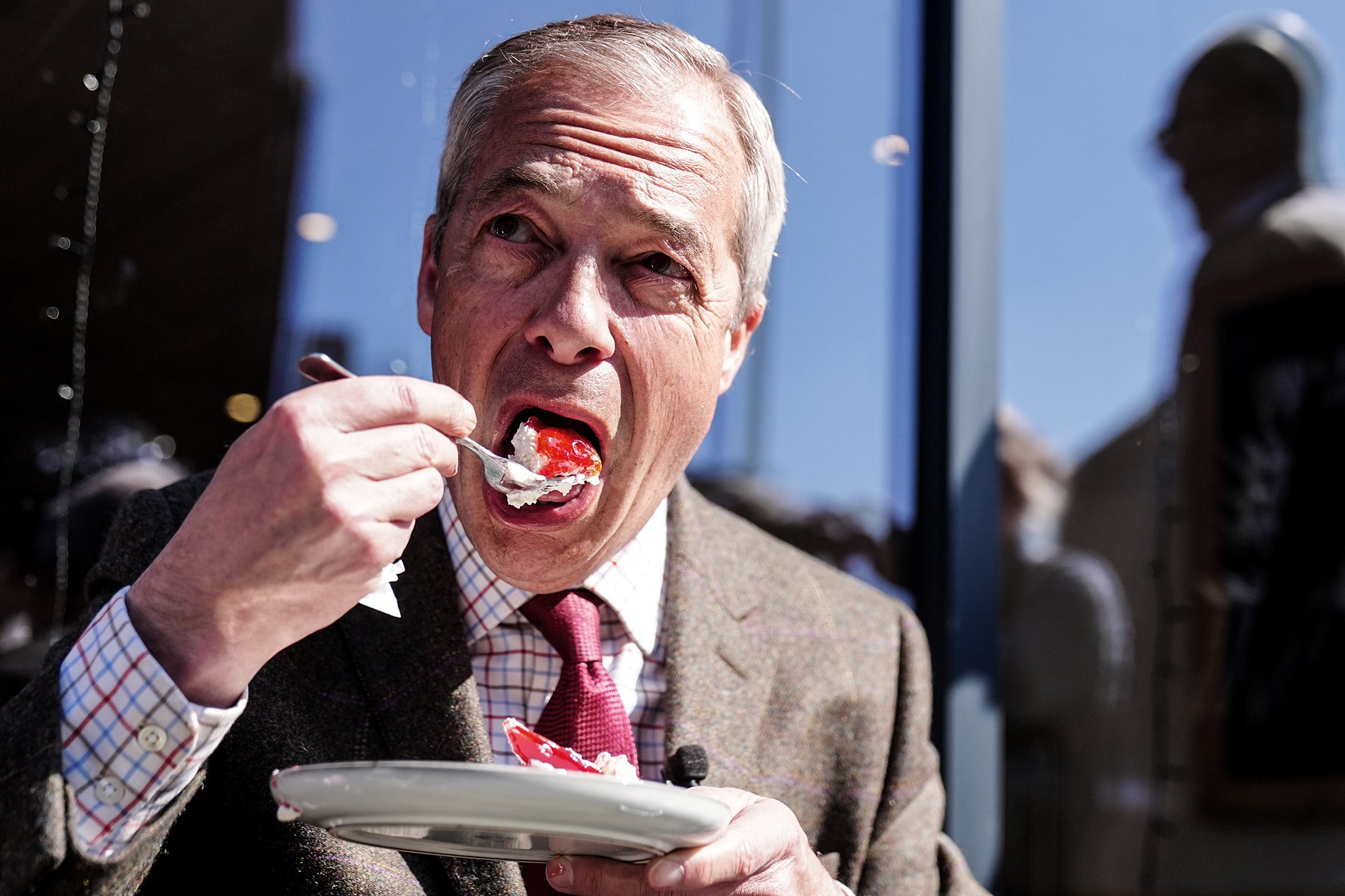There are more than three times as many local election candidates named David as there are Sarahs, shock new figures laying bare the level of gender inequality show.
A breakdown of those standing to become councillors next month reveals the 11 most common names are all male, while just two of the 30 most common names are female.
Overall, just a third of local election candidates are women, a slight drop from the 34 per cent of candidates last year.
And there are 20 times more all male ballots than all female ones, the figures revealed.
Charity 50:50 Parliament, which campaigns for greater female representation in politics, said the imbalance feels like “banging our heads against a brick wall”.
“Equality in politics is essential – and whilst all parties talk the talk on levelling up their female candidates, the truth is in the numbers, and they aren’t walking the walk,” chief executive Lyanne Nicholl said.
The charity’s breakdown of candidates showed that just over one in five (22 per cent) of Reform’s candidates are women, meanwhile just over a quarter (28 per cent) of Conservatives standing are women.

By contrast, almost half of Green Party (44 per cent) and Labour (43 per cent) candidates are women.
Ms Nicholl added: “The idea that we might never reach gender parity is shocking; the political parties should be pulling out the stops to make things right, not burying their heads in the sand and hoping that selecting endless Davids will work out.”
Its analysis of candidate data, in collaboration with the Democracy Club, found that the 11 most common names are David or Dave, John, Paul, Mark, Richard, James, Andrew, Michael, Peter, Stephen and Chris. The 12th most common, and first woman’s name on the list, is Sarah, with 80 candidates.
The next most common woman’s name is Jane, with just 49 Janes standing for election, making it 28th on the list.
Davids and Daves make up 3 per cent of all candidates, with 257 altogether.
Ms Nicholl said: “Women’s representation is as important in local politics as it is in national politics. Women are often more heavily impacted by local decisions and need to have a seat at the table. It is clear from the data that some parties are streets ahead on their gender balance, but not a single party has reached 50 per cent.
Labour, Reform UK and the Conservatives were asked to comment.







